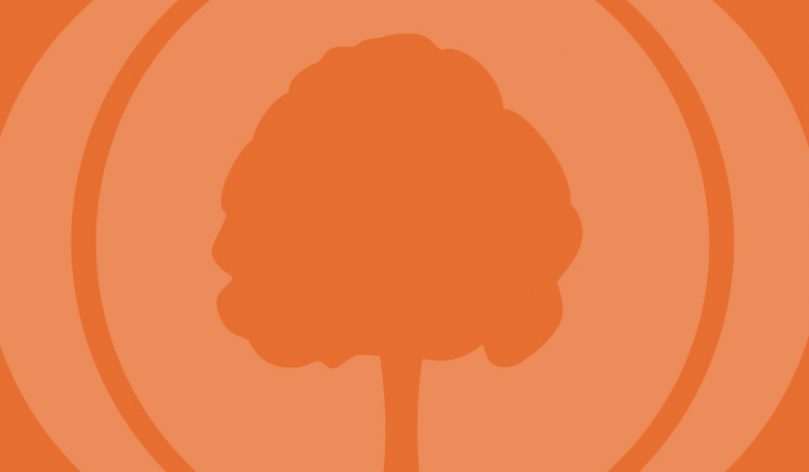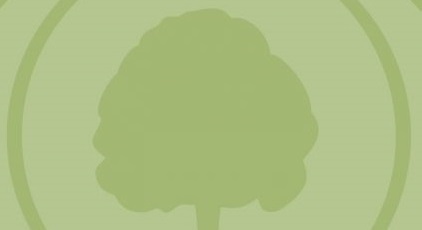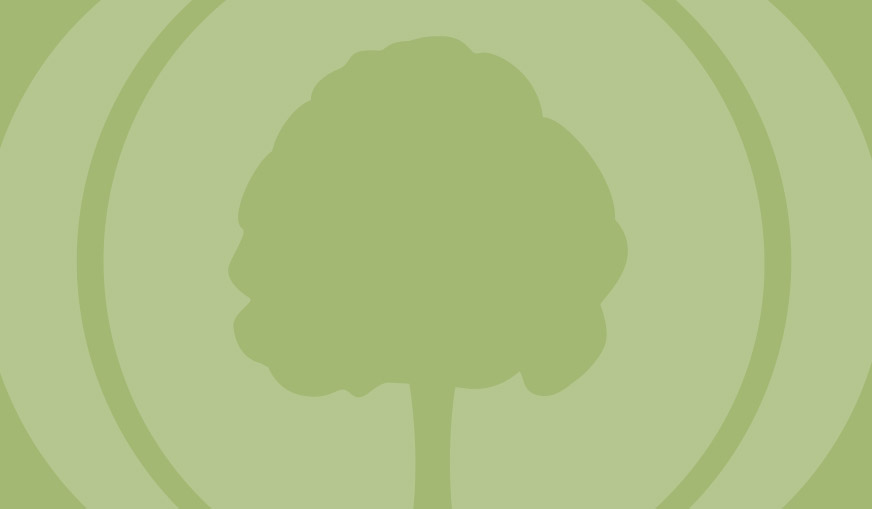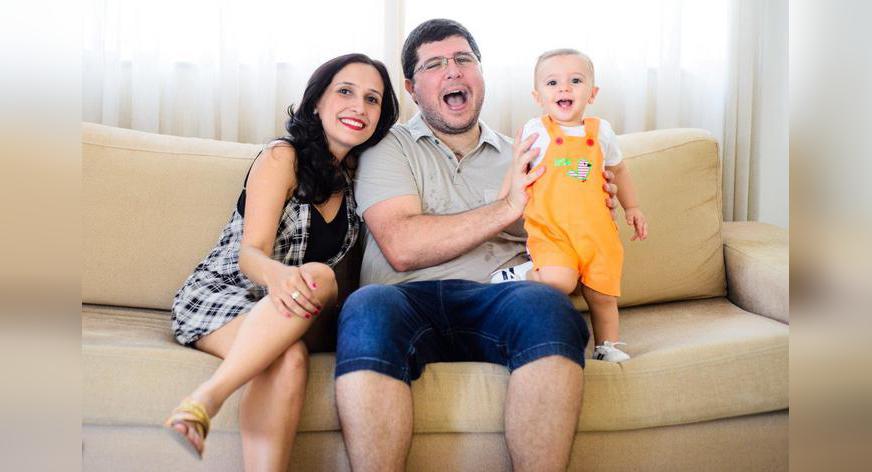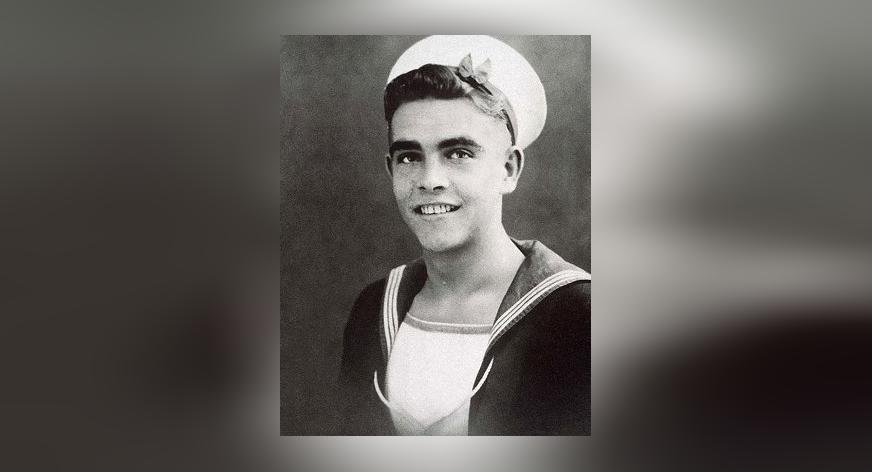Interview Series: Anne Major, Australian Institute of Genealogical Studies
- By Aaron
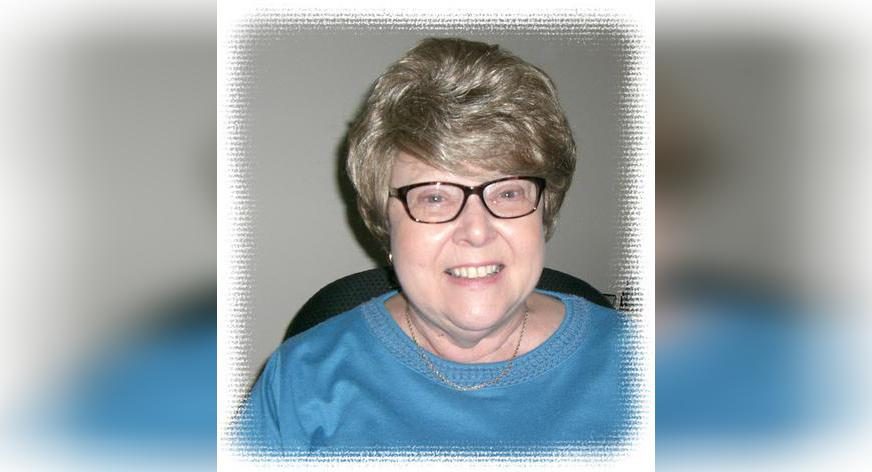

 The Australian Institute of Genealogical Studies (AIGS) is one of Australia’s longest running and largest genealogical organisations. AIGS is based in Blackburn, in the eastern suburbs of Melbourne, Victoria.
The Australian Institute of Genealogical Studies (AIGS) is one of Australia’s longest running and largest genealogical organisations. AIGS is based in Blackburn, in the eastern suburbs of Melbourne, Victoria.
This interview is with Anne Major from AGIS.
—
Hi Anne. Can you tell us a bit about yourself – how you got into family history research, why you are so heavily involved with it now etc.
I was born in England but came to Australia forty-seven years ago, married to an Aussie and have two children and four grandchildren. I’ve always been interested in family connections and as my parents were second cousins, everyone knew everyone else, my g.grandfathers were brothers. My mother was a great fount of family knowledge, and when I retired I decided find out about my ancestors.
I started out with an extract of my g.g.grandfather’s birth dated 1792, and threw myself on the mercy of the volunteers at AIGS who put me on the right path. That was sixteen years ago, and since then I have researched most of my lines and taken two of them back into the 1400s.
A lot of this I have been able to do through the fantastic records at AIGS, with some help from the LDS and now, computer sites, but most of it was done before family history sites were available, as a lot of records held by AIGS will never be on the internet.
I’m still involved because I still haven’t finished with my lines, new ones keep popping up and it’s also a great hobby, completely absorbing and I love it! It’s rather like a detective novel in reverse, you can’t wait to find out what happened before instead of after!
—
What’s the background on your surname any famous/infamous people you’re connected to?
I don’t actually have anyone of note in my lines, all rather boring yeomen, farmers and tradesmen, but I have had a great time looking for my grandfather.
He left my mother and her family around 1925 when she was about eleven and she never saw him again, didn’t even know when or where he died. All she knew about him was his name and what he did (he was in the British Merchant Navy), she had never had any contact with his family and didn’t know anything about them.
When I sta rted researching I decided to try and find him and it has taken me all these years to put his life together, and I was able to tell my mother a lot of it before she died. It was only last year that I was able to put the last piece into place though. It was a fascinating journey that took me to records I didn’t know existed, and the great footnote to it was that I found I had a whole lot of cousins here in Australia that I didn’t know about.
rted researching I decided to try and find him and it has taken me all these years to put his life together, and I was able to tell my mother a lot of it before she died. It was only last year that I was able to put the last piece into place though. It was a fascinating journey that took me to records I didn’t know existed, and the great footnote to it was that I found I had a whole lot of cousins here in Australia that I didn’t know about.
My grandfather’s uncle had come to Australia in 1902 and has a lot of descendants here and I have been able to meet up with some of them. As the Brits say, we were all gob smacked!
—
What’s your role at AIGS?
I have served on the AIGS Council for three years in the past, and taken part in open days and events. I now conduct one-on-one, hour long, personal tuition sessions at AIGS helping members with Australian, English and Scottish research (very popular – small extra fee), do presentations to clubs and libraries, work as
a volunteer behind the front desk and also run two Interest Groups, so I’m kept pretty busy.
These Interest Group are made up of those members who have interests in particular counties of the UK. AIGS have nine of these groups –
- Eastern Counties of England,
- Northern Counties of England,
- North West Midlands,
- South East England,
- South West England,
- London and the Northern Home Counties,
- Scotland and Ireland,
- Wales and the Welsh Borders and
- Naval and Military Interest Group.
I run the South East England Group which takes in the counties of Kent, Surrey, Sussex and Hampshire including the Isle of White, and also the London and Northern Home Counties Group, which takes in London, Middlesex, Hertfordshire, Bedfordshire and Buckinghamshire. These groups hold meetings once a month at AIGS, most of them during the afternoon. We have great discussions and help each other with “brick walls” and share any new books, sites etc.
—
Can you tell us some more about AIGS?
The Australian Institute of Genealogical Studies Inc. (AIGS) was founded in 1973, a non-profit family history research centre located at 1/41 Railway Road Blackburn, just a short walk from Blackburn Railway Station.
Staffed by friendly, knowledgeable volunteers, AIGS holds one of the largest collections of UK Parish Records outside of UK, along with Birth, Marriage and Death indexes covering all Australian States, UK and New Zealand. Resources such as Will indexes, Census information, Directories and Nonconformist records, Military records pre WW1, Poor Law records and Convict records just to mention a few, are available on microfilm/microfiche, CD and DVD, as well as books, magazines and journals on a variety of genealogical related subjects.
With thirteen computers and four long term Internet Subscription Services; Ancestry.com, Findmypast, Documents Online and British Origins, our research centre abounds with resources invaluable to those interested in discovering and tracing their origins.
Our membership runs into the thousands. Our records are not just confined to the UK, we also hold a huge amount for Australia, many for New Zealand and as many as possible for the rest of the world. We do try and acquire these as they become available.
AIGS is open five days a week:
- Monday, Tuesday, Wednesday, Saturday 10am – 4pm
- Tuesday evening, 7pm – 10pm
- Friday, 1pm – 4pm
- Third Sunday of the month, 1pm – 4pm
Membership Fees are: $75 for a Full Member
$66 for a Full Member, Concession for Centrelink and DVA Pension Card holder.
(Pro-rata fees apply from July 1st and October 1st)
A Joining fee of $20 applies to all new members.
Interest Groups – an additional $16
—
What are some of AIGS key activities?
We hold monthly Seminars on a range of topics from ‘Preserving and Repairing old Photographs’, to ‘Preparing for your Research trip to UK’. These
Seminars are held on a Sunday afternoon and are open to both members and visitors, although a small fee applies. Refreshments are served at the conclusion of each Seminar. We also participate in Family History Week in August and Senior’s Week in the latter part of the year. We also take part in local festivals etc.
We run a research service for people who can’t get to AIGS (fee applies) and also offer starting out classes for those just starting on the journey. These are scheduled twice a month and consist of two, two hour sessions (free). A tour of AIGS library is conducted once a month on a Saturday morning. AIGS has recently become a FamilySearch Affiliate Library Service, for the ordering and delivery of microfilm/microfiche from the Church of Jesus Christ of Latter-Day Saints (LDS). A short term Film/Fiche loan is for ninety days and will remain in our library for that period of time. All orders are processed online with the use of a credit card.
Another of our services is a will transcription service for anyone with an old will that they can’t decipher.
—
Any interesting events coming up for AIGS?
AIGS has already held and taken part in, some events this year, the main one being the Shake Your Family Tree Day at the Public Record Office of Victoria, and our next one will be participation in Family History Week, 29th July to 7th August.
We will be opening our doors on the two Sundays for people to come along and see just what a treasure trove AIGS is, and to also get help with starting out. Our next seminar will deal with the records that can be found at the State Library of Victoria. That will be held on 29th May at AIGS and bookings are essential.
We will also be taking part in the “Unlock the Past Victorian Expo.” to be held in Geelong in September.
—
You’ve clearly been doing this for some time now – How do you see the Internet affecting genealogy / family history researchers?
While family history sites on the internet are wonderful and of immense help as I found when looking for my grandfather, they are not the complete answer to family history research. There are millions of records that will never be found on the internet because family history does not just consists of parish records, censuses and immigration records. It is very hard to convince people about this.
A lot of them want a “quick fix” which they think they can find via the internet, and many times I’ve heard people say they have ‘done’ their family tree because it was all on the internet.
This is very doubtful, there are many, many other resources to explore via fiche, film, book and CD. I have had some surprised members when I have helped them find interesting information from these sources such as Settlement and Removal records, criminal records, Huguenot records, Quarter Session records, Manor records, inquests etc., the list goes on.
I realise that more and more records are going online every day and look forward to them, but I doubt they will ever all be there.
(Editor’s note: We 100% agree. That’s why MyHeritage is focused on providing the best tools possible to document and share family information rather than just focusing on access to documents)
—
What effect do you think DNA profiling will have on family history research?
The only aspect of DNA testing I have come across concerns a member of one of my groups. She has recently had her DNA taken in London at the “Who Do You Think You Are” show held there every year. Her reason being that she wants to find out if she is of Jewish extraction, if the answer is positive it will help her pinpoint the father of her illegitimate g.g.grandmother as there are two candidates! We are all quite fascinated and waiting for the results.
—
Do you have any tips for someone starting out on the on the genealogical journey?
- When deciding to explore family history start with yourself and work backwards.
- Always gather as much information as possible from family and relatives, especially the older ones.
- Gather as many certificates as possible as these are an essential tool in research.
- Try and find any old letters, diaries, mourning cards etc., and try and find the proper names of people as against the nick names they are known by. I had an Auntie Babs and it was many years before I found out that her real name was Muriel!
- Best of all………..in you are in Melbourne, join AIGS!!
—
If someone wants to find out more about what you or the AIGS do, how can they contact you?
AIGS is at Suite 1/41 Railway Road Blackburn VIC 3130 AUSTRALIA.
We have a lovely Office Manager called Tricia Parnell who can be contacted
on: 9877 3789 or emailed at: info@aigs.org.au
Or we have a web site: http://www.aigs.org.au/ which can be explored and will give a complete overview of our holdings, upcoming events and also points of contact.
—



